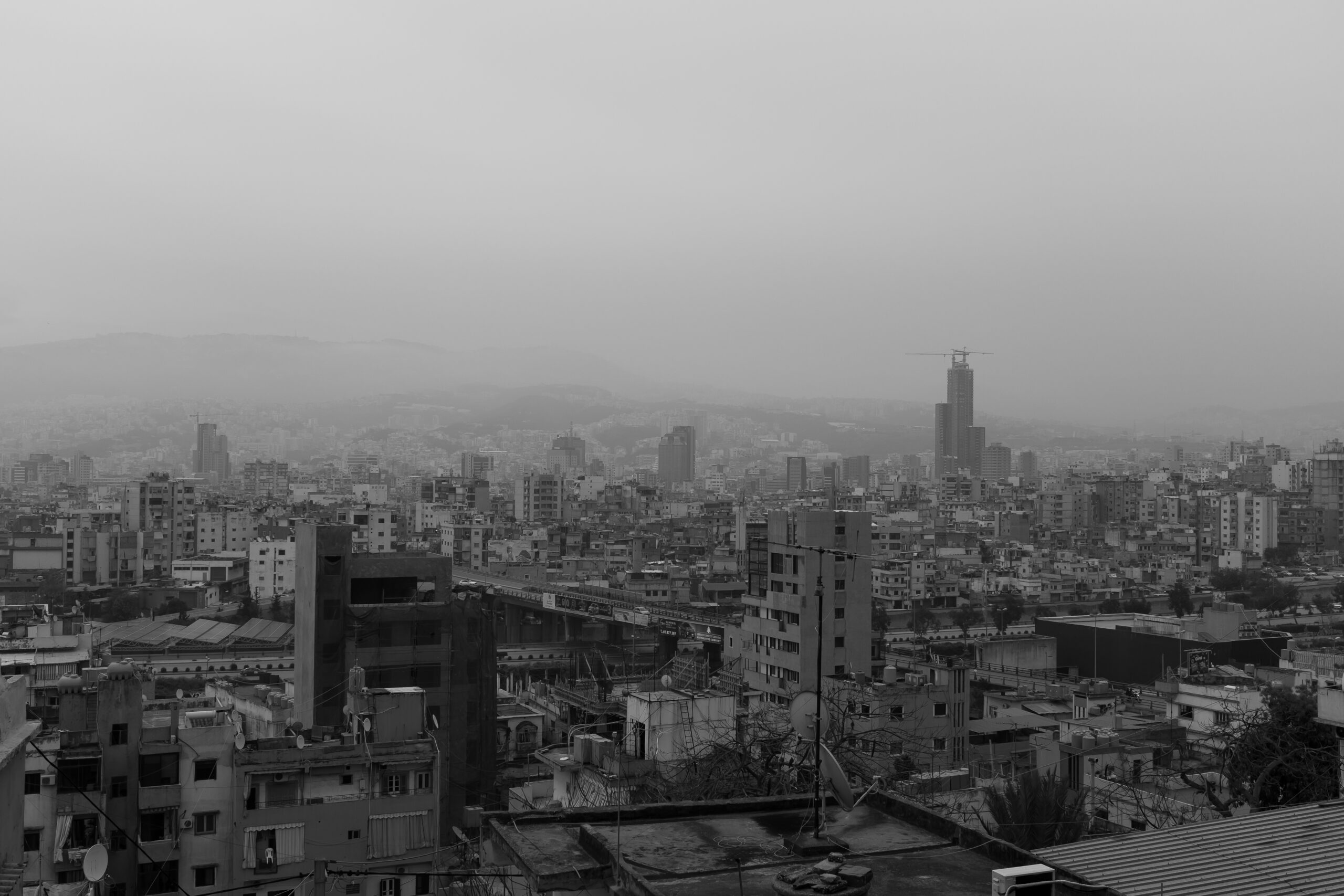By Josh Mock, BA Arabic and Persian
“The world bank projected that over half of the population would fall below the poverty line this year.“
Once admired as a beacon of stability in an increasingly unstable region, Lebanon is currently a nation in crisis. The country is facing its worst economic crash in the modern era. The local currency, the Lebanese Lira, lost 60% of its value over June 2020, as well as decreasing in value by 80% since October 2019. Essentials such as medicines, safe drinking water, power, and internet access are in short supply as thousands descend into poverty. The World Bank projects that over half of the population will fall below the poverty line this year.
Many saw the collapse of Lebanon’s economy as an inevitability. Successive Lebanese governments have been accused of economic mismanagement, endemic corruption, and overspending. But the main catalyst for the current situation was the shortage of foreign currency in October 2019, causing the value of the Lebanese Lira to fall against the dollar on the black markets that emerged. To increase revenue, the government introduced sweeping tax proposals on commodities such as tobacco, petrol, and voice calls, but these plans were fiercely opposed by Lebanese citizens and thus rescinded. Although a lockdown imposed in March 2020 in response to the COVID-19 pandemic forced many protesters off the streets, it also worsened the economic situation and exposed the inadequacies of the country’s welfare system.
In the midst of this crisis, catastrophe struck when an explosion in the Port of Beirut on 4 August 2020 devastated the capital. Over 200 were killed, 6,000 injured, and over 300,000 left homeless. The explosion was caused by the detonation of 2,750 tonnes of ammonium nitrate that had been stored unsafely for six years. Following public anger and protests, Prime Minister Hassan Diab and his cabinet offered their resignations on 10 August 2020.
Lebanon’s current crisis is political in nature. In a political system designed to share power along confessional lines, Prime Minister-Designate Mustapha Adib failed to form a cabinet made up of independent specialists that could work on enacting reforms, and thus offered his resignation on 26 September 2020. As of writing, the country is yet to install a new government.
Many Lebanese do not feel hopeful about the future. Beirutis fervently want answers as to the reasons behind the explosion. However, the FBI released a report on 13 October 2020 that reached no conclusion as to its cause. Judge Fadi Sawwan, who is leading the Lebanese government’s investigation into the explosion, is now awaiting reports from French and British explosive experts before making a judgement on the exact cause of the detonation.
As well as answers, many Lebanese also want justice for the failures of the government to prevent the country from reaching crisis point. However, Lebanese President Michel Aoun suggested that charges of corruption against the country’s politicians were ‘unfair’ in comments made about mass protests in the nation. But because of endemic corruption, the international community has not been keen to help Lebanon. The country’s western allies have been offering an $11 billion loan package since 2018, but this is on the condition that the government implements reforms in the public sector. As these changes haven’t been made, the loans have not been granted.
The future of Lebanon is firmly in the hands of the politicians that run the country. The extent of Lebanon’s recovery will be determined by the extent to which reforms are implemented.
Photo Caption: Streets of Beirut. Credit: Maxime Guy, Unsplash.
